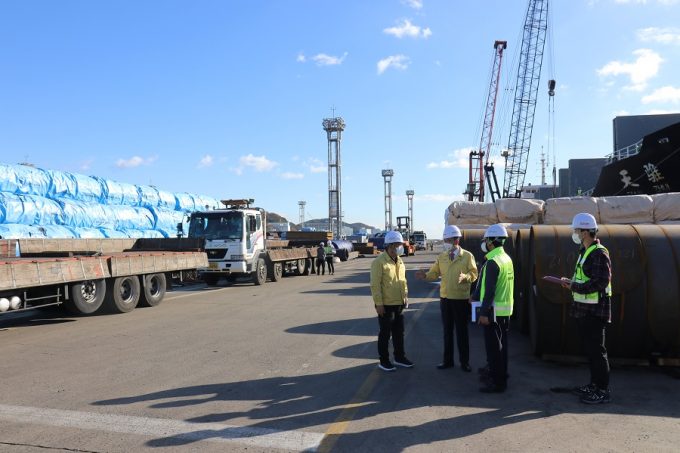Carriers warn of cargo disruption due to strikes at Munich Airport
Lufthansa Cargo (LC) has warned customers that strikes tomorrow and Friday at Munich Airport (MUC) ...

The Korea International Trade Association (KITA) today said it had received 32 complaints from 19 shippers that they had been impacted by the latest truckers’ strike.
Half the complaints alluded to financial penalties for delayed deliveries, while almost a third focused on disrupted production due to ...
Four crew members still missing as Wan Hai 503 continues to burn
Explosions and 'out-of-control' fire reported on Wan Hai box ship
Predatory rivals circle as the ripples from DSV's Schenker buy widen
MSC Elsa crew face criminal probe, as Wan Hai 503 firefighters battle on
'It's driving us mad', say forwarders as US court fails to end tariff turmoil
Transpacific rates ease as capacity boost proves too much for trades to digest
European port congestion easing – for now
CMA CGM 'testing the water' of the Suez Canal for more services


Comment on this article